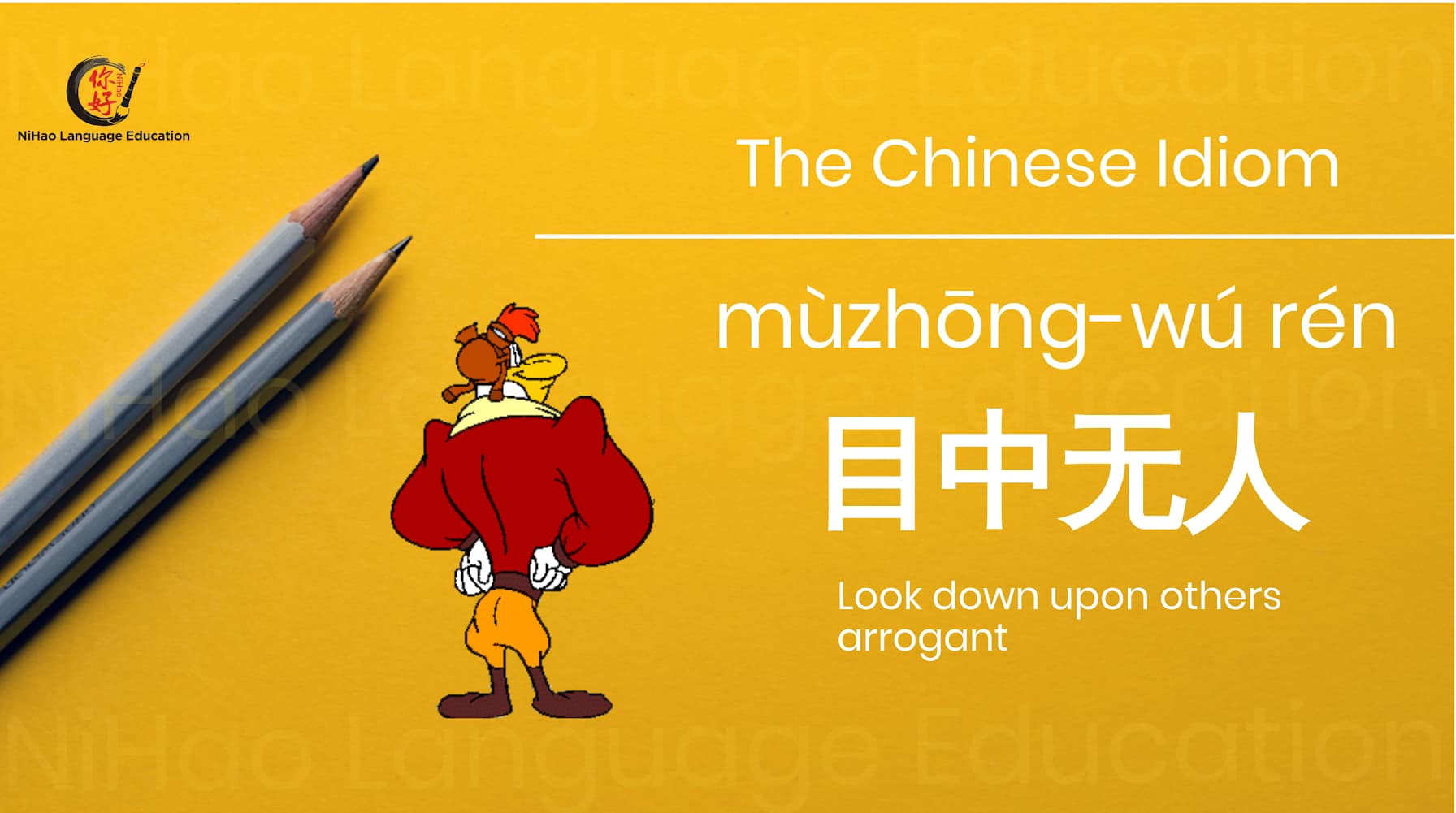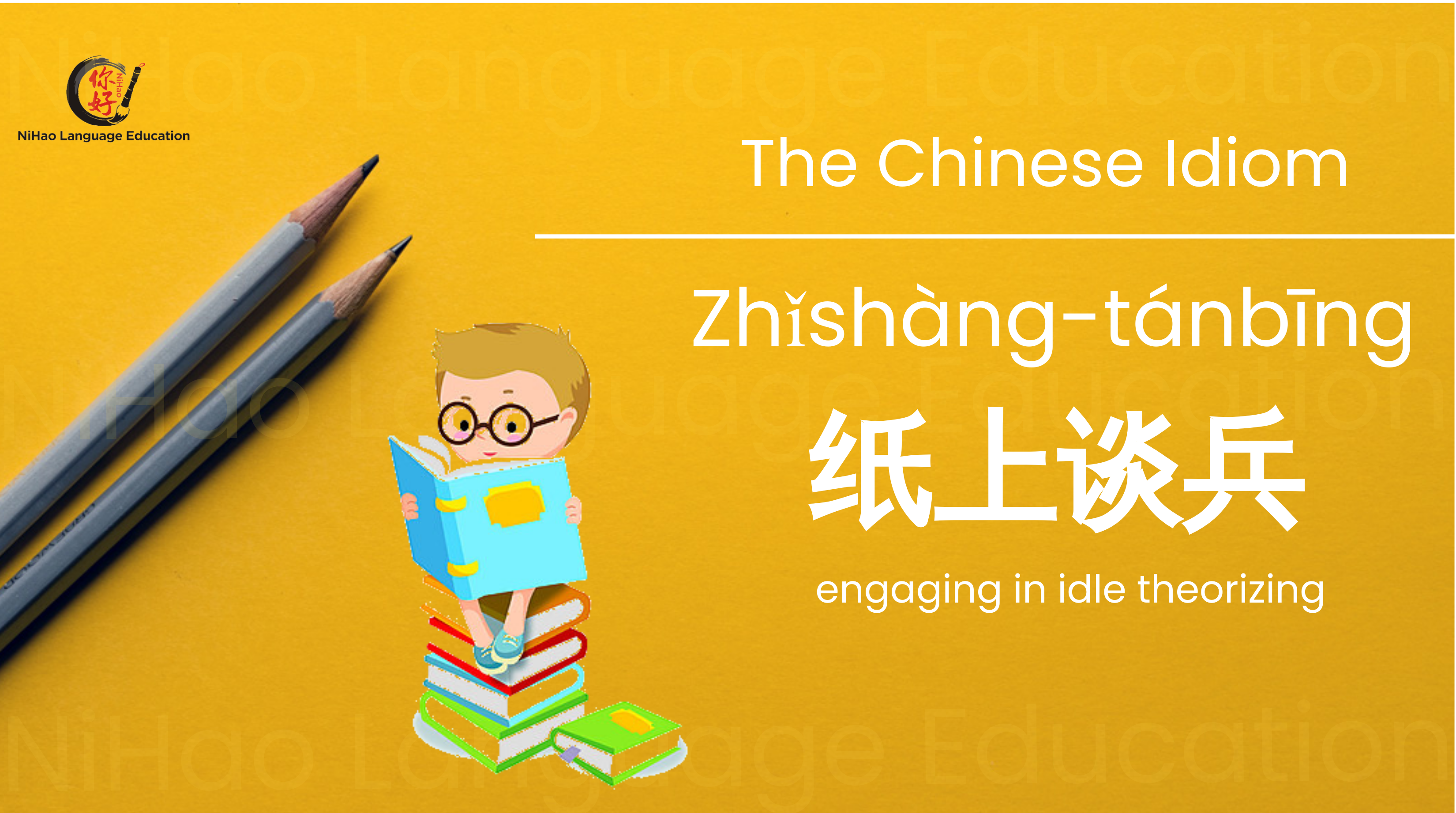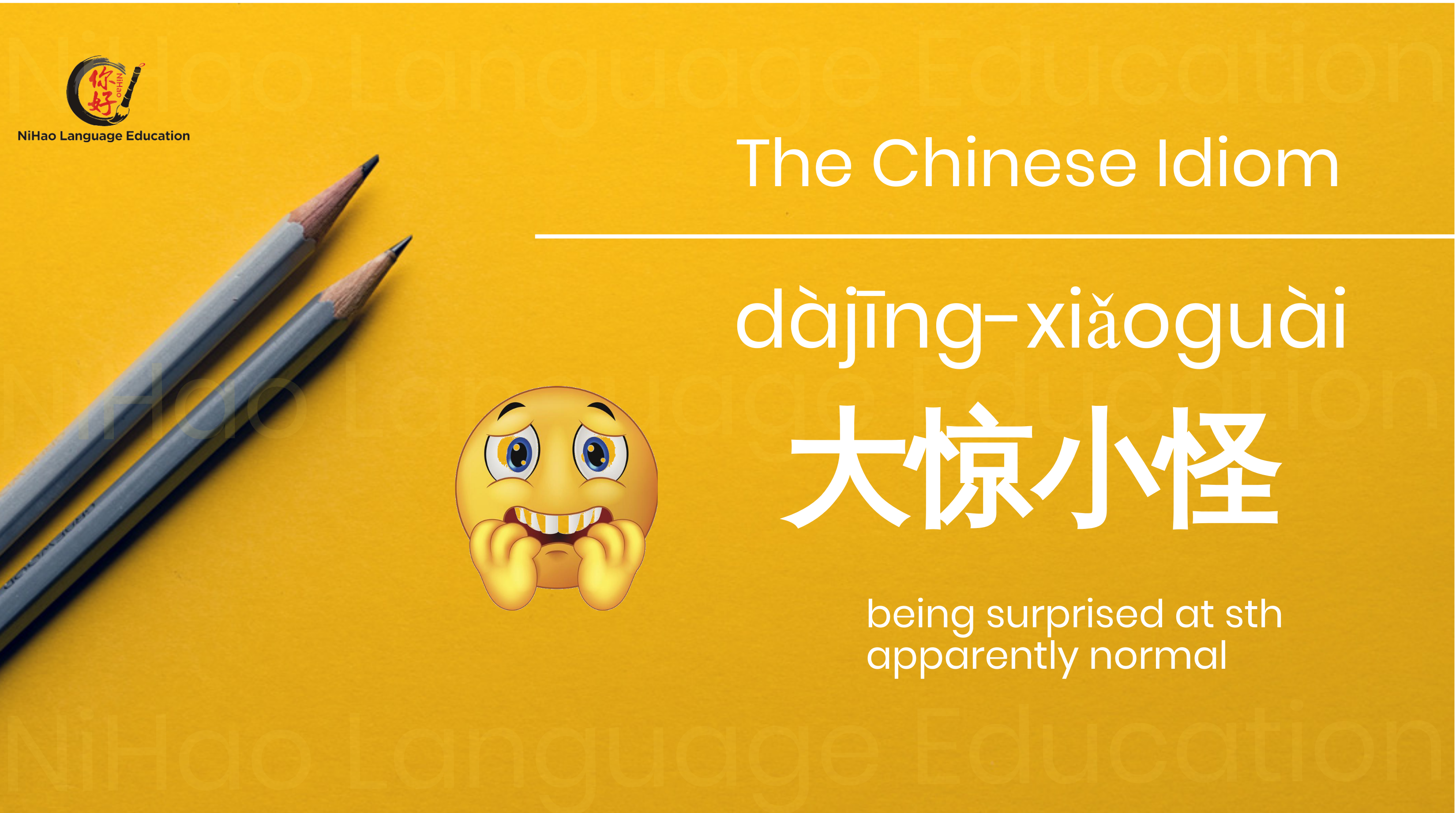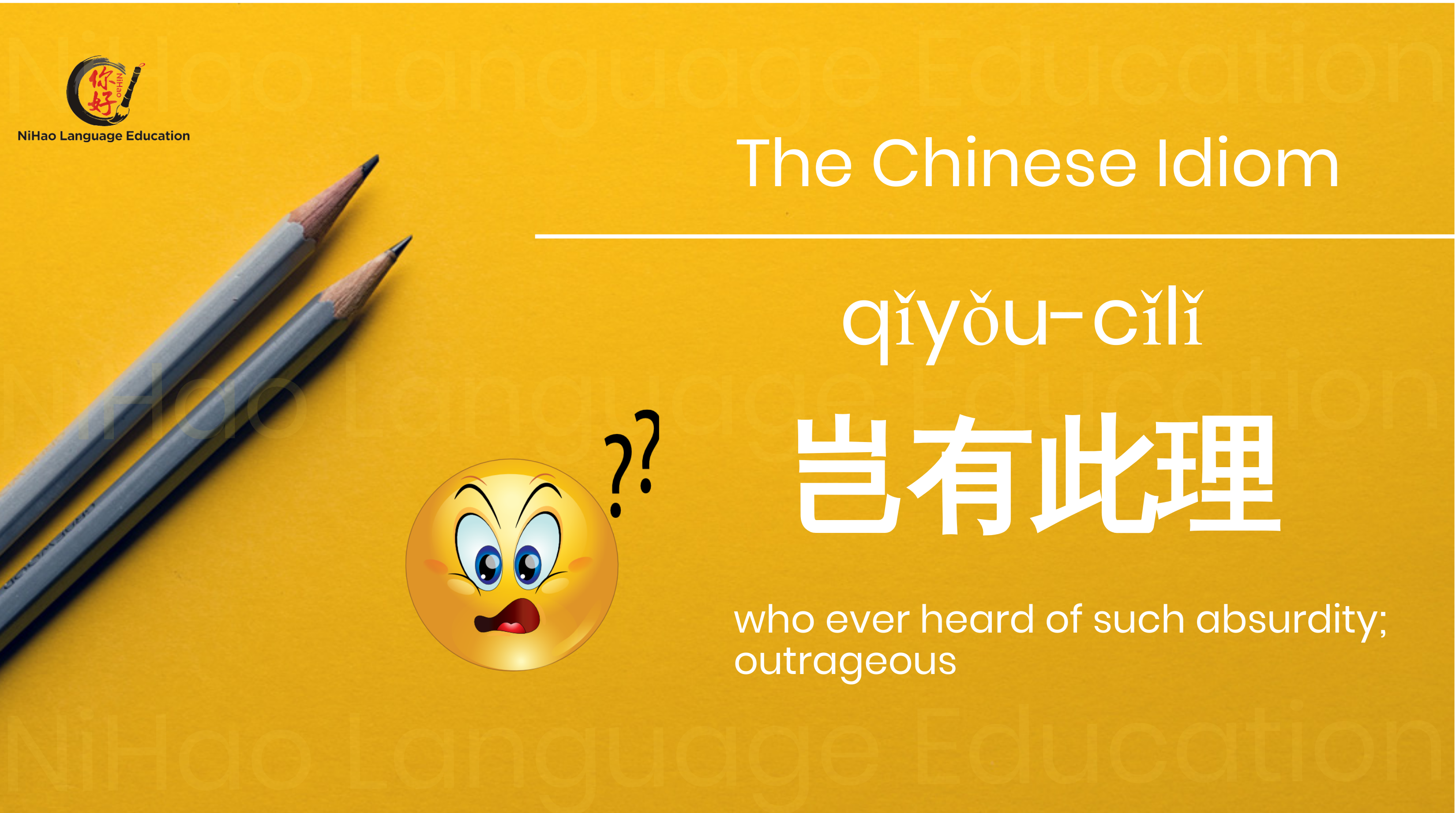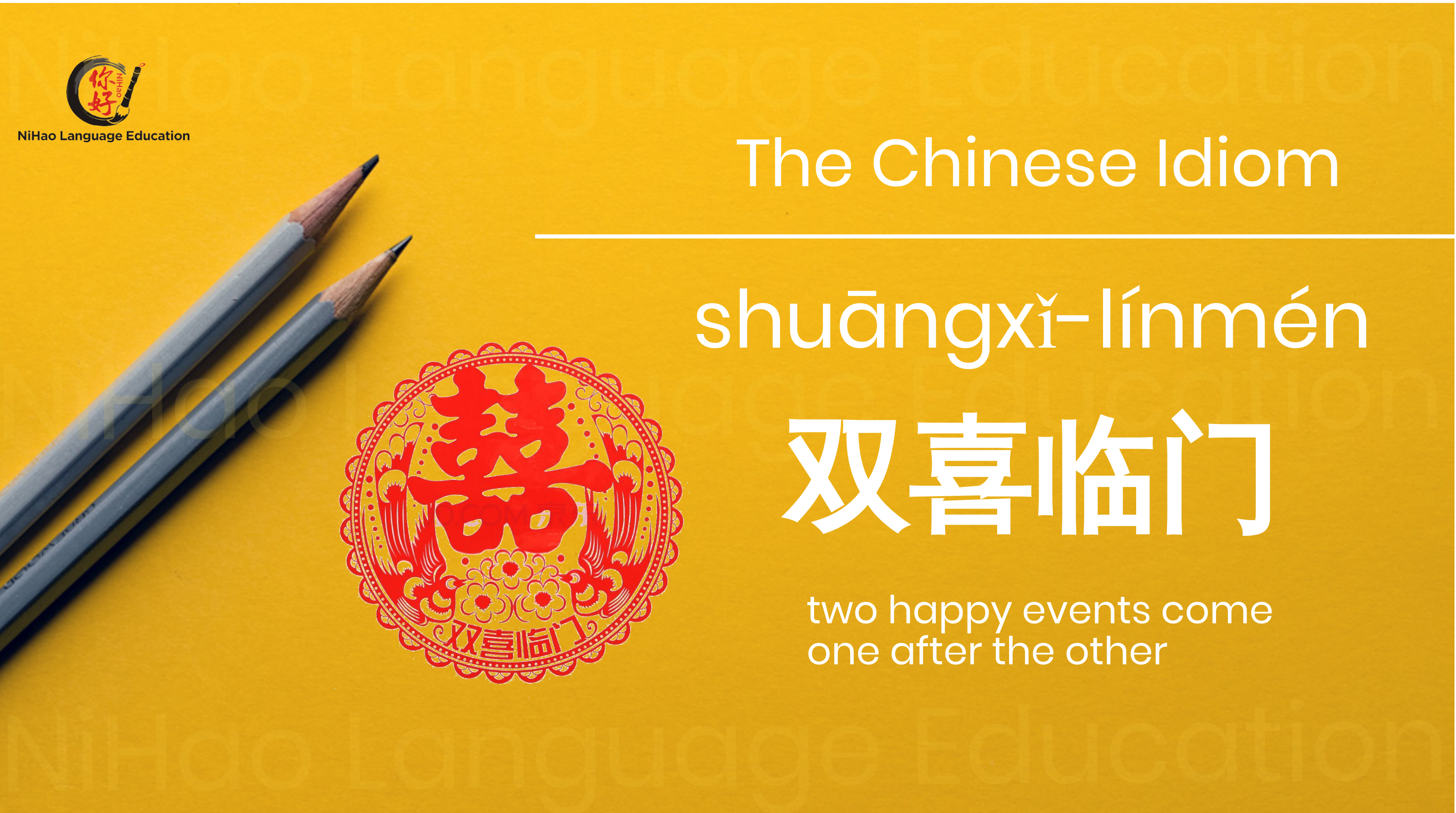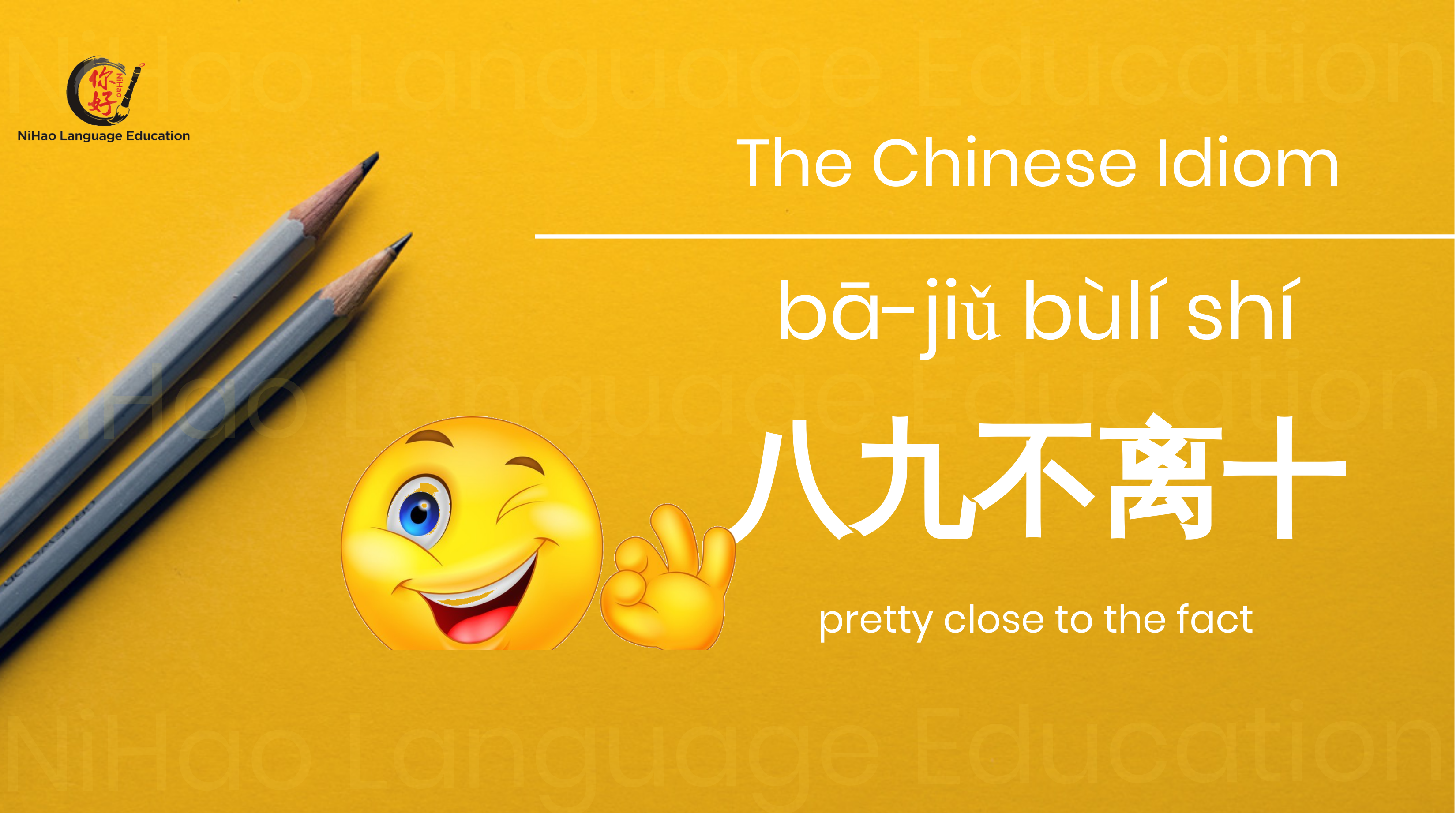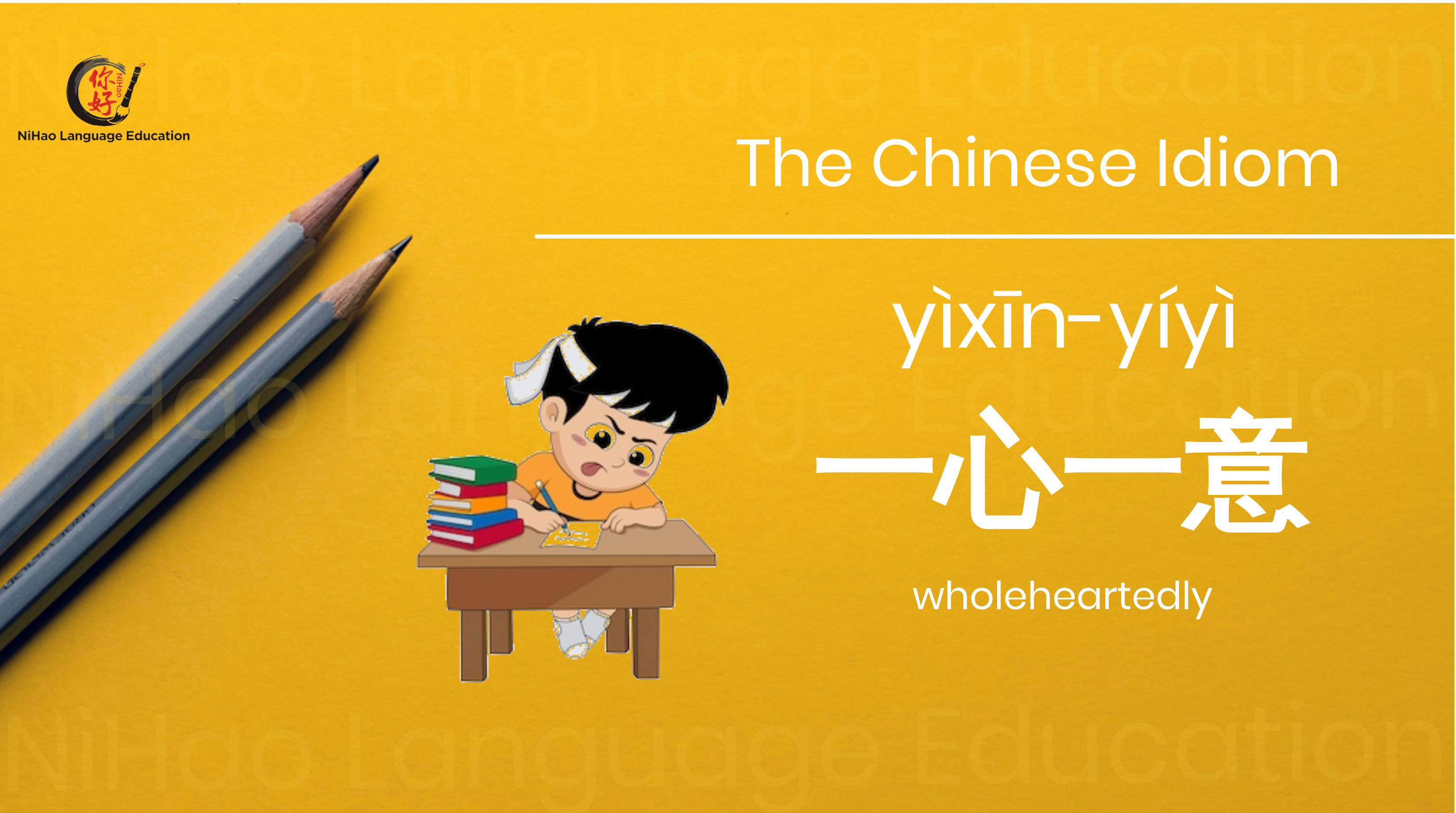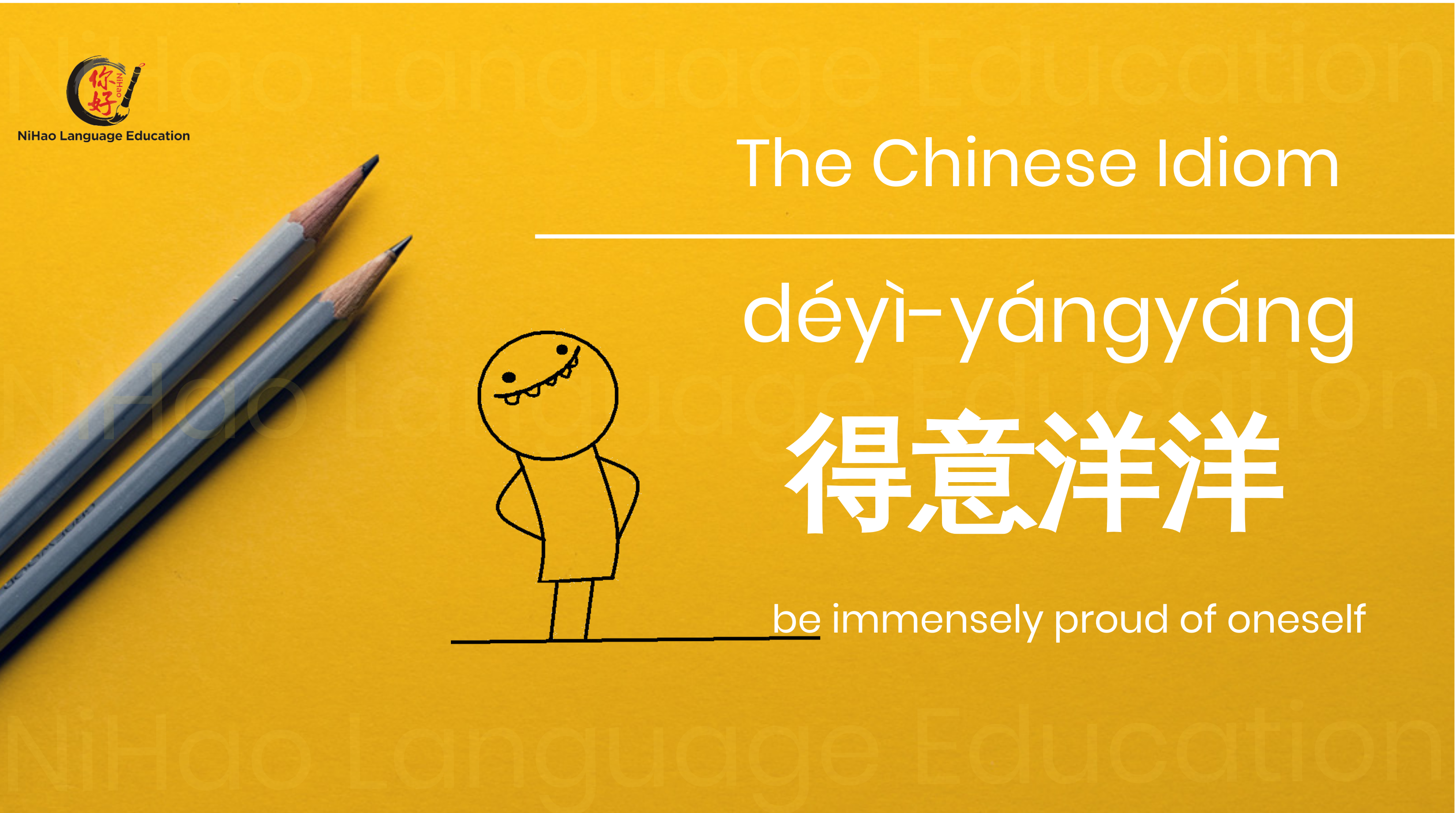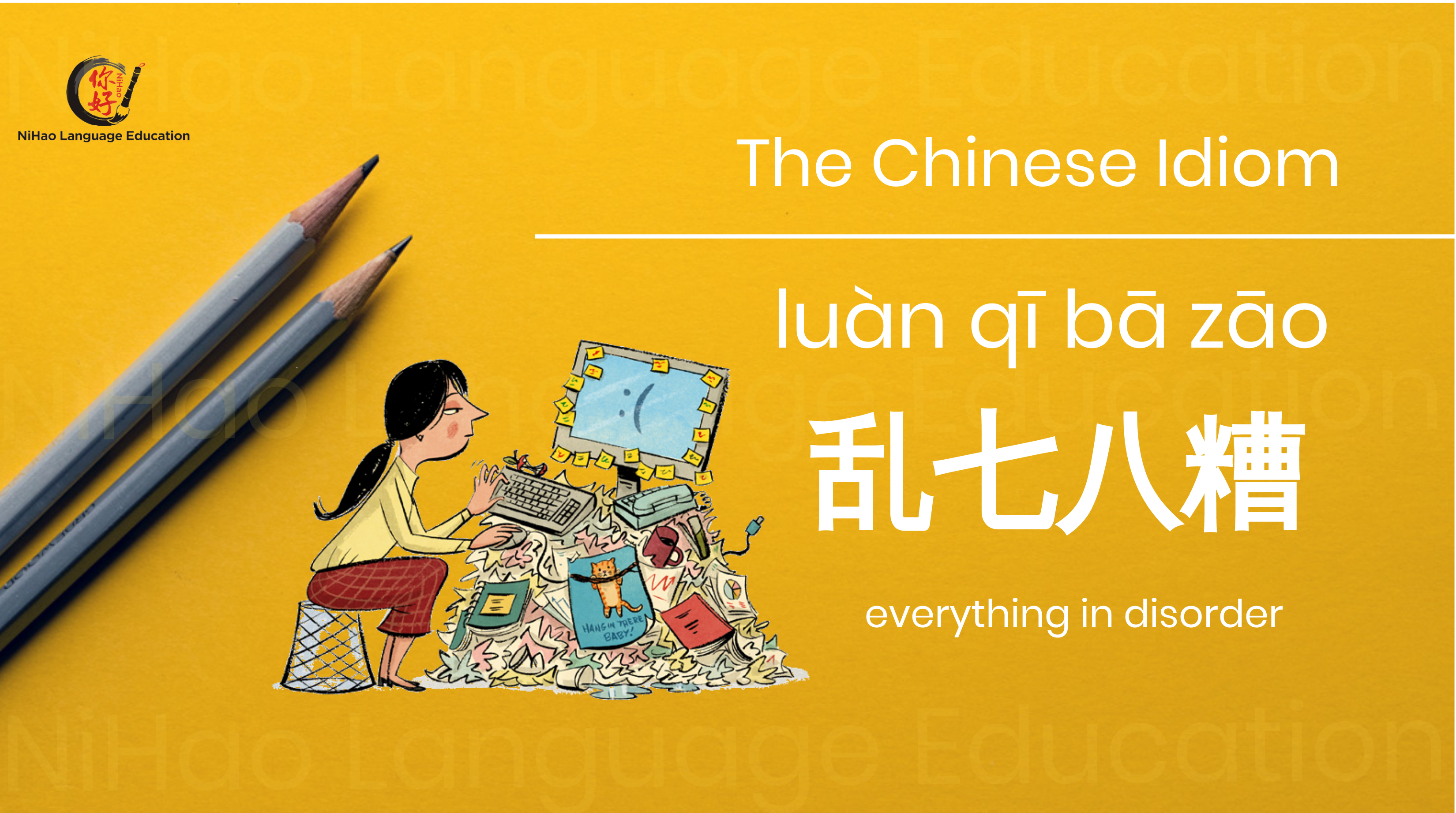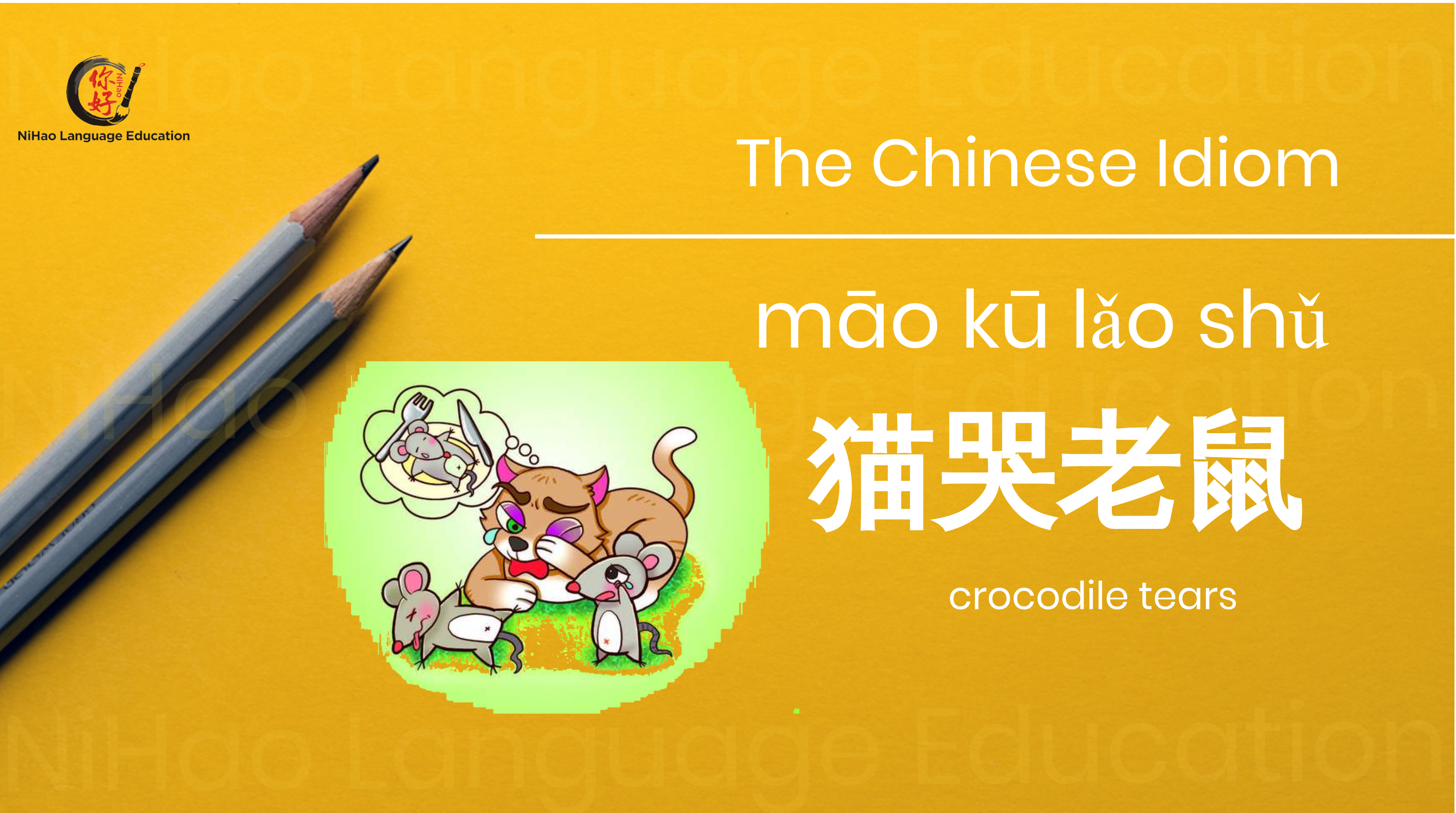目mù中zhōng无wú人rén 中国成语 目中无人 圆体字看看效果是什么样 “目中无人”形容高傲自大、看不起人。‘Mùzhōng-wúrén’ means ‘look down upon everyone else’.目: eyes中: in无: not have人: person Examples例句: 1. 他总是目中无人,所以他和谁的关系都不好。 2. A: 他说在中国他篮球打得最好了。 B:他也太目中无人了吧。他又不是姚明。
纸 zhǐ: paper 上 shàng: on 谈 tán: to talk about 兵 bīng: soldier; military matters 纸上谈兵 Zhǐshàng-tánbīng: means to talk about military matters on paper. It is a metaphor for engaging in idle theorizing. It is similar to English expression ‘be an armchair strategist’. “纸上谈兵”比喻空谈理论,不能解决实际问题;也比喻空谈不能成为现实。 Examples例句: 1. …
大(Dà)惊(jīng)小(xiǎo)怪(guài) “大惊小怪”形容对于不足为奇的事情过分惊讶。 ‘Dàjīng-xiǎoguài’is used to describe being surprised at something apparently normal. 大(dà): big 惊(jīng): surprised; amazed 小(xiǎo): small 怪(guài): strange Examples例句: A: 啊?这套房子要二十万块一平方米啊! B: 没什么大惊小怪的,房子的地段好。 2. A: 你知道吗?在他们家里,每天都是她先生做饭。 B: 你太大惊小怪了。现在男人做家务的可不少啊。
岂(qǐ)有(yǒu)此(cǐ)理(lǐ) “岂有此理”指哪有这样的道理,表示对不合理的事极为气愤。 ‘Qǐyǒu-cǐlǐ’indicates ‘anger at something unreasonable’. It means ‘whoever heard of such absurdity’ or ‘outrageous’. 岂(qǐ): used to introduce a rhetorical question 有(yǒu): have 此(cǐ): this 理(lǐ): reason Examples例句: A: 今天早上遇到一个出租车司机,一边开车一边打电话,下车的时候还不给我发票。 B: 真是岂有此理!你应该去投诉他。 2. 自己做错了事,还要怪别人,真是岂有此理!
双(shuāng)喜(xǐ)临(lín)门(mén) “双喜临门”指两件喜事同时到来。 ‘Shuāngxǐ-línmén’ means ‘two happy events occur at the same time’. 双(shuāng): double 喜(xǐ): happiness; happy event 临(lín): to arrive 门(mén): door Examples例句: A: 听说她马上要结婚了,她姐姐的孩子也要出生了。 B: 那他们家真是双喜临门了! 2. 老张最近双喜临门,他儿子考上了名牌大学,他自己也做了经理。
八(Bā)九(jiǔ)不(bù)离(lí)十(shí) “八九不离十”表示非常接近或几乎达到实际情况。 ‘Bājiǔ bù líshí’ means pretty close to the fact. 八(bā): eight 九(jiǔ): nine 不(bù): no; not 离(lí): to be away from 十(shí): ten Examples例句: 我虽然没有亲眼看见,但是猜也能猜个八九不离十。 2. A: 这么晚了,谁会打电话给你啊? B: 我想八九不离十应该是她的男朋友。
一(Yì)心(xīn)一(yí)意(yì) “一心一意”指心思专一,没有别的考虑。 ‘Yìxīn-yíyì’means ‘wholeheartedly , without reserving any other thought’. 一(yī): one 心(xīn): heart 一(yī): one 意(yì): will; intention; thought Examples例句: A: 我好久没见到小王了。 B: 他一心一意地想学好英语,所以每天都在家看书,很少出去。 2. 做什么事都要一心一意。
得(dé)意(yì)洋(yáng)洋(yáng) “得意洋洋”形容称心如意时神气十足的样子。 ‘Déyì-yángyáng’ is used to describe one is immensely proud of himself. 得(dé)意(yì): complacent; proud of oneself 洋(yáng)洋(yáng): self-satisfied Examples例句: A: 为什么他看上去得意洋洋的? B: 老师刚才表扬了他几句。 2. 他得意洋洋地给他的同事看他新买的车。
乱(Luàn)七(qī)八(bā)糟(zāo) “乱七八糟”形容混乱,毫无条理。‘Luànqī-bāzāo’means ‘in dreadful disorder’.乱(luàn): in disorder 七(qī): seven 八(bā): eight 糟(zāo): terrible Examples例句: A: 不好意思,我家里乱七八糟的。 B: 没关系。 2. A: 墙上写的乱七八糟的是什么东西啊?B: 是一些非法广告。
猫(Māo) 哭(kū) 老(lǎo)鼠(shǔ) “猫哭老鼠”比喻假慈悲。 ‘Māokū-lǎoshǔ’ is a metaphor for the act of pretending to be sympathetic or compassionate. It is similar to ‘crocodile tears’ in English. 猫(māo): cat 哭(kū): to cry 老(lǎo)鼠(shǔ): mouse; rat Examples例句: A: 王经理听说你生病了,很担心你。 B: 真是猫哭老鼠,是他让我天天加班,我才累病了。 …
